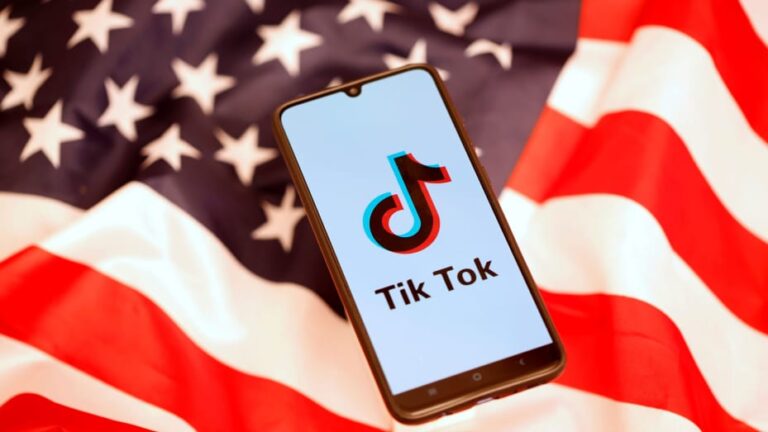TikTok Ban: How It Will Affect Americans
On April 24, 2024, President Joe Biden signed a bill that could ban TikTok in the United States. Unless it is sold to an American company. The move has significant implications, given that more than 170 million Americans use TikTok. Many of whom rely on it for income and exposure. The new law comes after years of attempts to ban the Chinese-owned app, with the most recent effort involving President Joe Biden’s signature.
Key Points of the Ban
The new law compels ByteDance, TikTok’s Beijing-based parent company, to sell the video-sharing platform within nine months to a U.S. entity. If ByteDance fails to meet this deadline, TikTok will face a nationwide ban. A three-month extension is possible if a sale is in progress, providing ByteDance with more time to divest.
Implementation Timeline
Originally, the bill proposed a six-month deadline for ByteDance to divest from TikTok’s U.S. operations, but this was extended to nine months during negotiations. However, the timeline could be further extended due to potential legal challenges, which could delay the ban for years.
Impact on Users
For those who have already downloaded TikTok, the app likely won’t disappear from their phones immediately. However, it will be removed from Apple and Google’s app stores, preventing new downloads and updates. Without updates, the app could eventually become unusable, leading users to migrate to other platforms like Instagram Reels or YouTube Shorts.
TikTok Ban: How It Will Affect Americans
Bypassing the Ban
Tech-savvy users might attempt to circumvent the ban by using Virtual Private Networks (VPNs), alternative app stores, or foreign SIM cards. However, these workarounds could be complicated, and most users might simply switch to alternative platforms with similar content.
Impact on American Creators
Andrew Graham, head of digital corporate advisory and partnerships at Creative Artists Agency (CAA), suggests that the threat of a U.S. TikTok ban will lead creators to diversify their platforms. Graham believes that content creators will shift focus to platforms like Instagram Reels and YouTube Shorts, given the uncertainty surrounding TikTok’s future. This transition could also impact monetization, as TikTok’s most significant legacy might be pushing platforms like YouTube to reconsider long-form monetization models.
Data Privacy Concerns
Lawmakers from both parties have raised concerns about Chinese authorities potentially accessing TikTok users’ data in the U.S. Chinese national security laws require companies like ByteDance to support intelligence activities, creating apprehension about user data security. While ByteDance denies sharing data with the Chinese government, skepticism about data privacy remains.
Data privacy experts also note that the Chinese government could obtain information through other means, such as commercial data brokers, making the TikTok ban only one aspect of a broader data security issue.
Conclusion
The TikTok ban bill represents a significant step toward regulating the Chinese-owned app, with broad implications for American users, content creators, and data privacy. While the ban’s exact timeline remains uncertain, its impact on the digital landscape in the U.S. could be profound.


